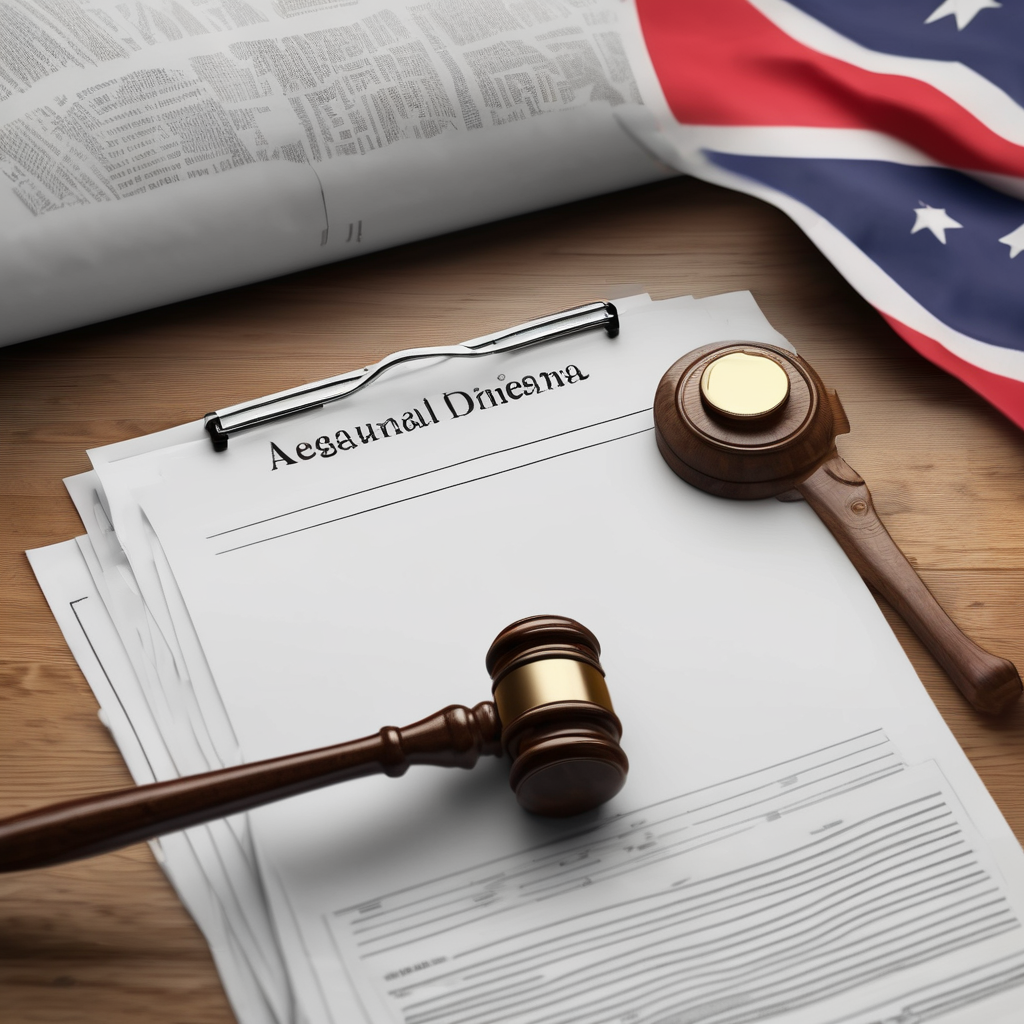Papua New Guinea’s Prime Minister James Marape has successfully sidestepped a no-confidence motion following a recent constitutional amendment. The motion was introduced on Wednesday by Sir Puka Temu, the MP for Abau Open, who put forth former Prime Minister Peter O’Neill as the opposition’s candidate for leadership. However, Speaker Job Pomat announced on Thursday that the motion could not move forward, invoking the constitutional amendment implemented in March that prohibits any additional no-confidence challenges for 18 months after a failed attempt.
This amendment responds to a no-confidence motion against Marape that had been raised earlier in April, which was ultimately defeated. Underscoring the importance of this new rule, Pomat reiterated that under the current constitution, further motions against the Prime Minister are barred for the time being.
Marape expressed a willingness to embrace challenges to his leadership but described the no-confidence motion as a distraction from more pressing national matters. He advocated for a more mature political environment, stating, “Fifty years on, our nation deserves better. Leaders must grow up and make responsible choices.”
The constitutional amendment is seen as crucial in fostering political stability, as it aims to lessen the frequency of leadership challenges that have historically hindered governance in Papua New Guinea. This process is viewed as a pivotal step towards creating a more conducive environment for leaders to concentrate on significant national issues.
In a broader context, such legislative changes may also enhance governance in the region and are expected to bolster investor confidence, which is vital for the nation’s development. Marape’s emphasis on stability and proactive governance aligns with a shared hope among the country’s leaders for unity and progress.
As Papua New Guinea works through its intricate political dynamics, Prime Minister Marape, among others, is called to exemplify commitment to effective governance while addressing the pressing concerns of the populace. The drive for maturity and responsible leadership is viewed positively, indicating a potential move towards a more collaborative and productive political dialogue in the nation.
